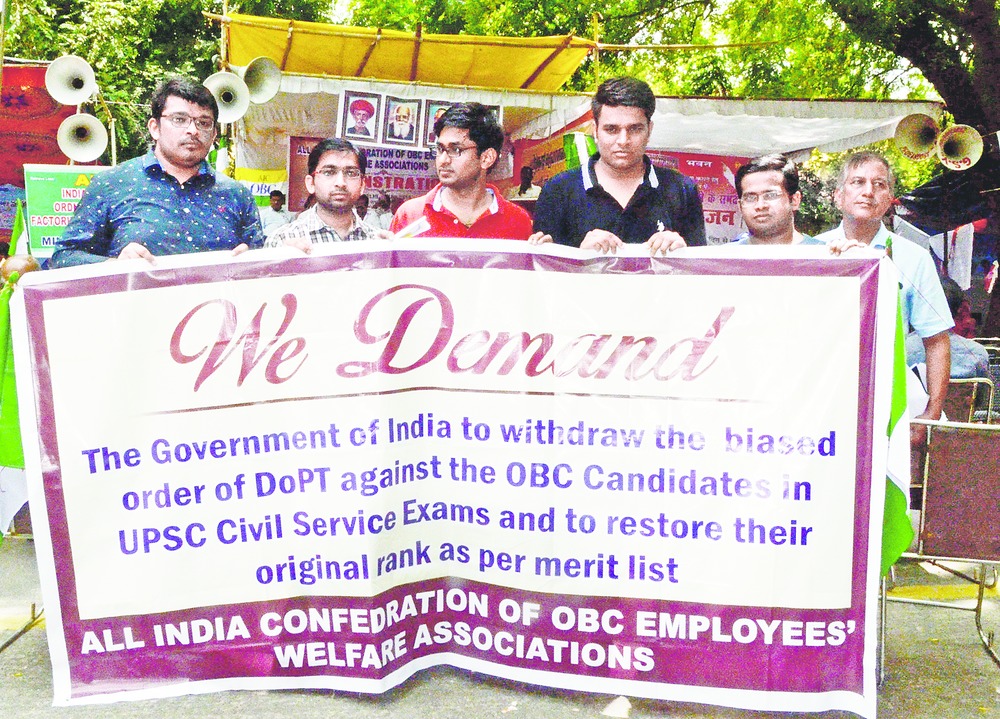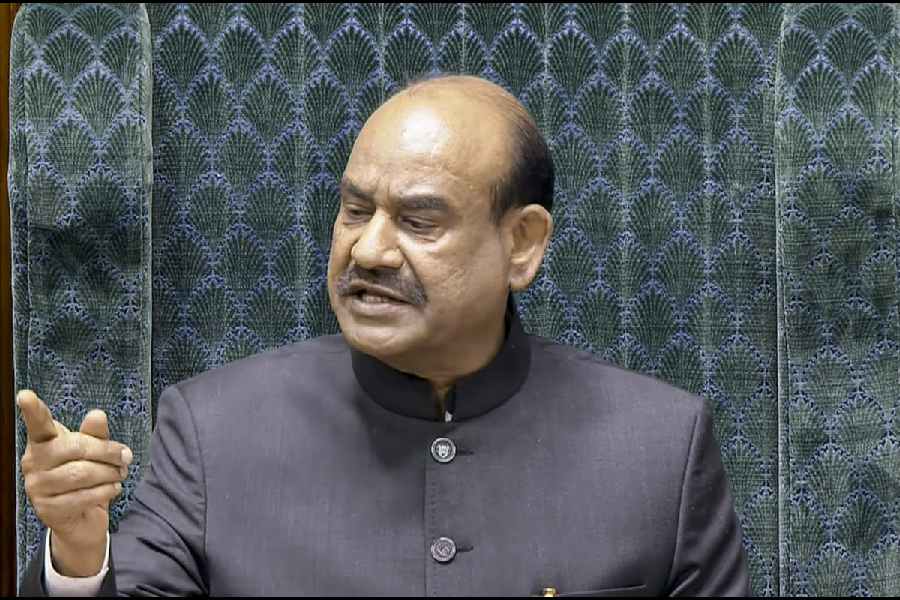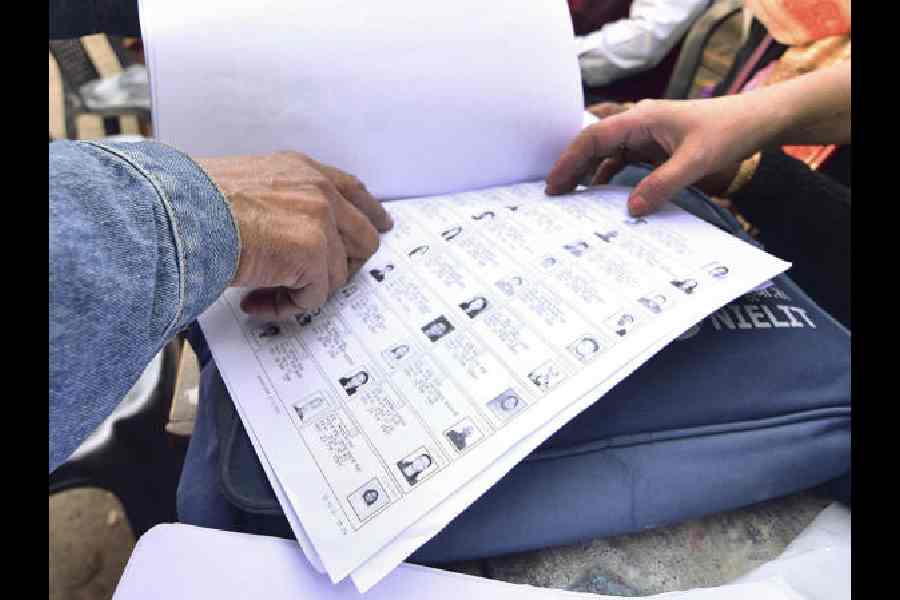
New Delhi, Aug. 9: Professor A.S. Yadav had never felt the need to join any protest during his 36 years as a teacher in a Haryana university.
But today the 61-year-old sat on a dharna at Jantar Mantar against the "unlawful" rejection of many candidates belonging to the OBCs - the protesters put the number at 35, but the government puts it at 12 - who have not been allocated services although they made it to the merit list of the civil services exam in 2015.
Yadav's daughter is one such candidate - she ranked 346 and stood to get into the IAS under the 27 per cent quota for non-creamy layer OBCs. But the department of personnel and training (DoPT) has suddenly changed the rules to determine creamy layer, leading to her disqualification and that of many others.
"I never felt like joining an agitation. There was no need. But today my daughter is a victim. It is denial of our rights for reservation," said Yadav, a retired teacher of Haryana Agricultural University.
Under the government's norms, a candidate with parental income over Rs 6 lakh falls under the creamy layer category. According to a 1993 order, income other than that earned from salary and agriculture sources is to be taken into account for determination of creamy layer.
If a person from the OBCs joins as Class I officer in government or is promoted to Class I level before the age of 40, they are automatically included in the creamy layer category and their children not entitled to reservation. Persons with equivalent jobs in PSUs are to be treated in the same manner, but the government has to establish the equivalence of posts in PSUs vis-à-vis the central services.
Till date, the government has failed to frame a policy on the equivalence of posts. For the past 20 years, individual PSUs had been giving equivalence certificates to employees, which the government was routinely accepting.
However, this year, the DoPT decided not to accept the equivalence certificates issued by the PSUs, citing a 2004 order. The 2004 clarification had said that if equivalence is not ascertained, the income from salary and other sources, except agriculture, should be calculated to determine creamy layer.
The candidates who now stand disqualified had applied under the OBC quota without including salary for calculation of parental income.
"I became associate professor, which is equivalent to Class-I, only after 40 years of age. Our university gave the equivalence certificate under which we are non-creamy layer. DoPT did not accept the equivalence certificate," Yadav said.
His daughter had taken the civil service examination in 2014, too, and ranked 947. She then joined the Indian Railway Traffic Service but sat for the exam again in 2015 and improved her performance.
Yadav argued that the DoPT had accepted the same documents as equivalence certificate last year and allotted her IRTS under the OBC quota. But this year the DoPT asked for a government notification on equivalence and in its absence, used Yadav's pension amount to treat his daughter as a creamy layer candidate.
A DoPT spokesperson said the allegations of non-acceptance of equivalence certificates were being examined.











